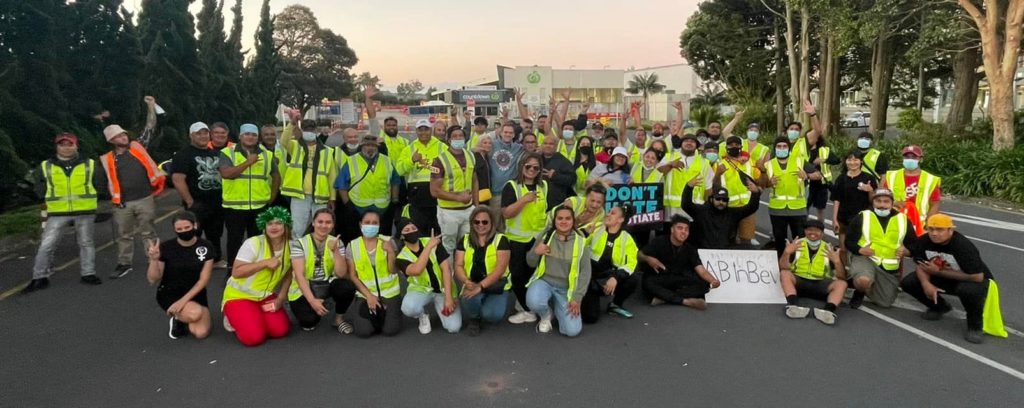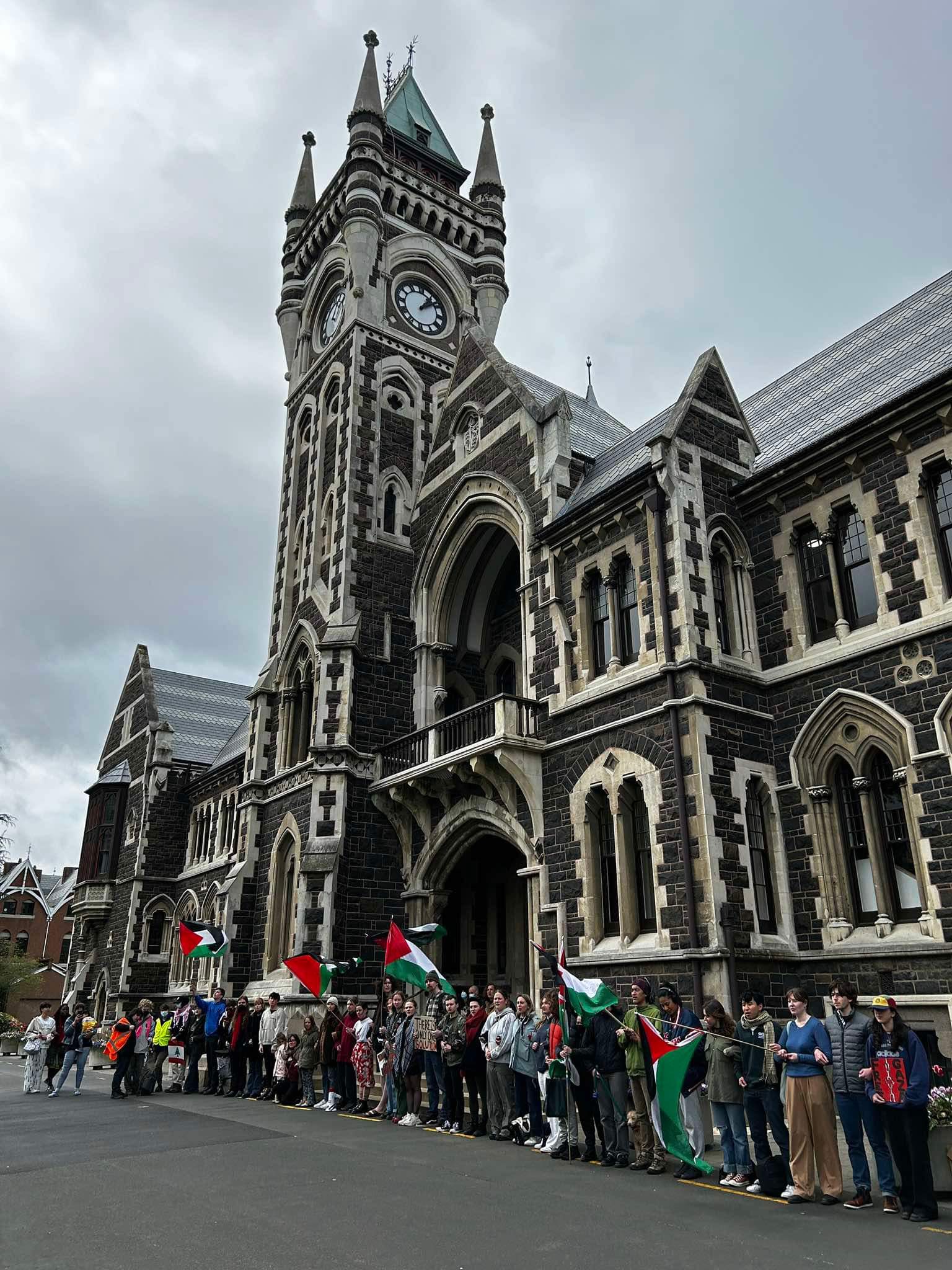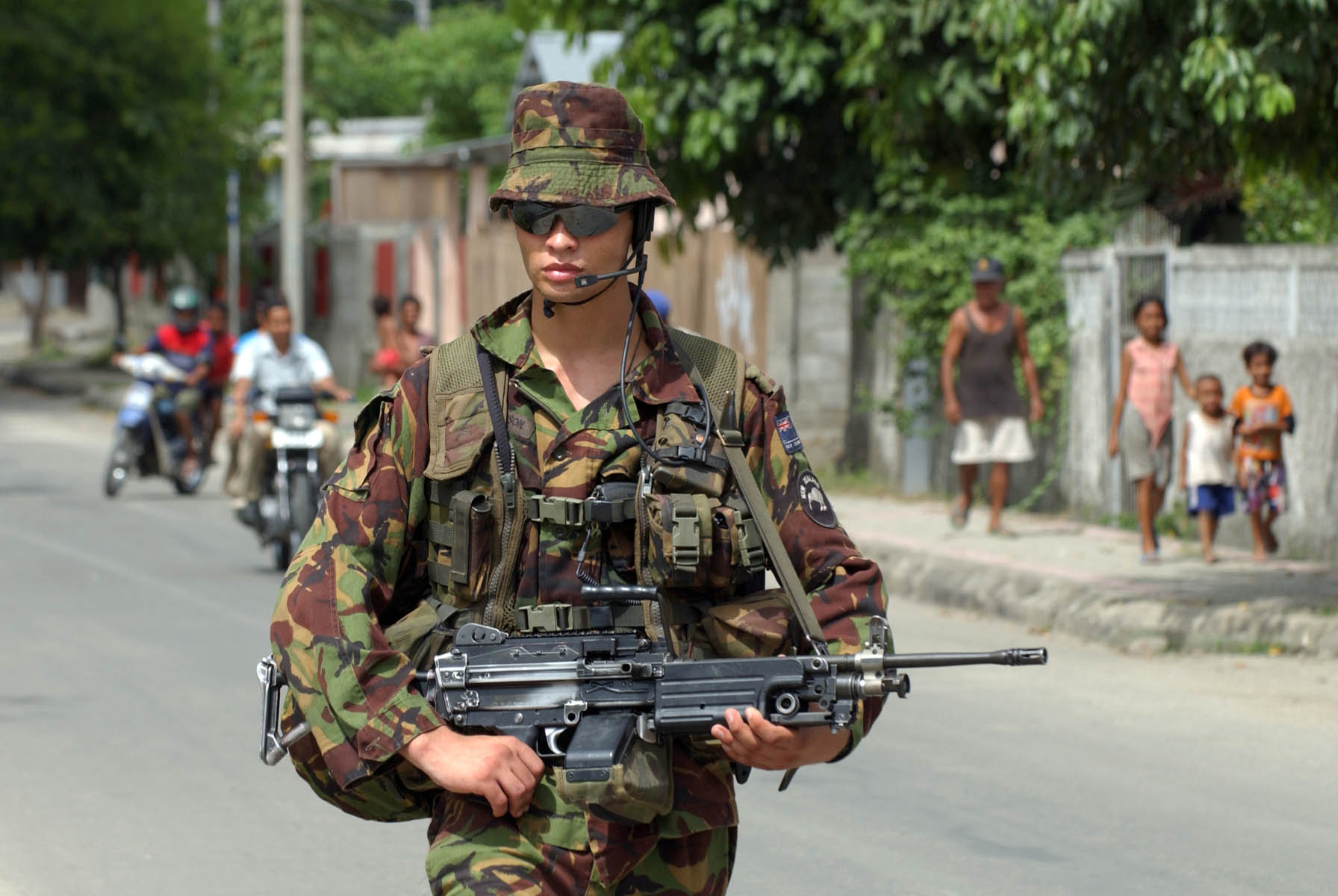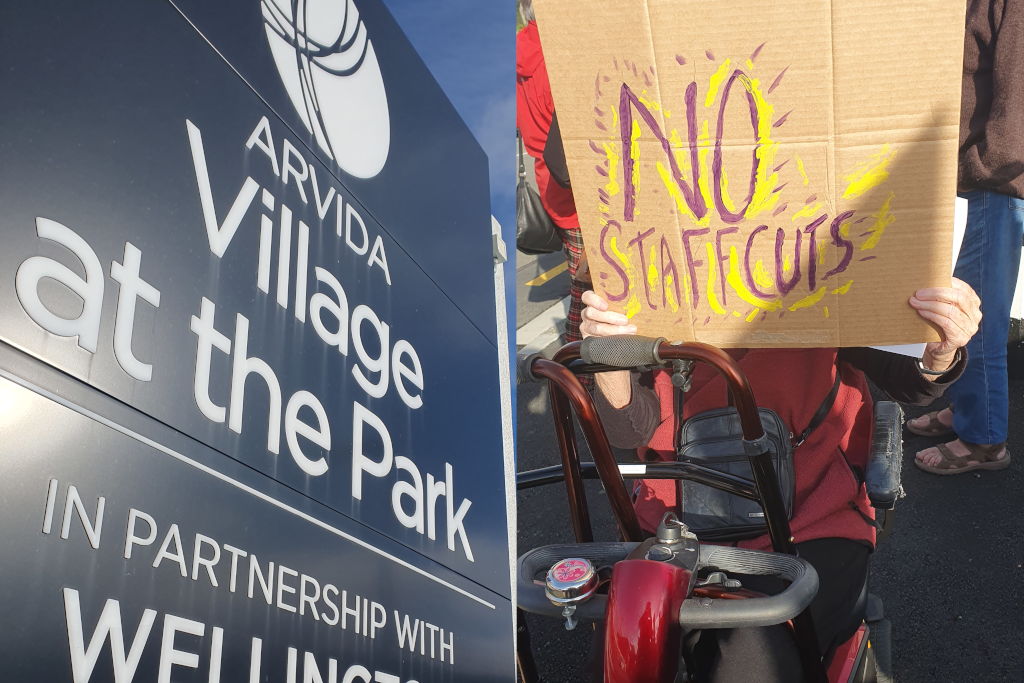When Labour came to office after the 2017 general election the frustrations built up during the previous 9 years of National Party rule burst forth in a wave of strikes at a level not seen this century. Labour’s electoral rhetoric raised workers’ expectations. In 2016 there had been only 3 work stoppages involving 430 workers. In 2017 there were 6 stoppages involving 421 workers. Then, on Labour’s coming to power, there was a big jump. In 2018: 143 stoppages by 11,109 workers. In 2019: 159 stoppages by 53,771 workers. These figures from MBIE may not be exactly accurate as they rely on the employers submitting information, but whatever the real statistics are the trend is certain. Then came COVID-19 and the surge in strikes began to collapse. In 2020, according to MBIE’s unlikely statistics, there were 112 stoppages involving 595 workers.

There are no figures for 2021 yet, but it is beyond question that the pandemic all but brought strike activity to an end; until now perhaps. Just as workers thought that it would not be right to push their demands during the pain of the pandemic, now that vaccination is allowing a return to normality, those workers rightly consider that they are owed a pay rise. Moreover, inflation is running high. A handful of disputes over the last couple of weeks may signal that unions will be flexing their muscles again in the period ahead.
The disputes I am referring to are as follows:
- First Union members at two Countdown distribution centres in Auckland took three days of action and won a settlement that includes a 5 percent rise over one year followed by 3.9 percent over the next 9 months.
- First Union have settled a collective agreement with Cobb Vantress New Zealand for chicken workers at Rotongaro. The starting rate goes up by 17 percent and the employer increases its contribution to Kiwisaver and health insurance.
- The RMTU has issued a strike notice, for the seventh time, for a 24hr strike at Timaru on 22 December. The union is seeking a MECA from a reluctant Prime Port Timaru and Quality Marshalling.
- APEX has issued a strike notice for 16 December on behalf of mammographers working for the hugely profitable Pacific Radiology Group. The strike notice involves workers at Dunedin, Invercargill, Nelson, Timaru and Christchurch.
- APEX medical physicist members at the six DHBs that offer radiation therapy for cancer treatment have taken rolling action since 3 December starting with the Mid-Central area, followed by the South Island and Auckland.
- The RMTU has called off planned strike action for the 16th and 17th December having reached an agreement with KiwiRail. Details are not available yet as the offer is subject to ratification by union members. The union’s general secretary, Wayne Butson, is reported as saying “… we are satisfied that an appropriate settlement has been arrived at”, which sounds like the union has got a result.
Let’s hope that militancy and workers’ confidence is returning, and that fights over pay and conditions spill over to politicisation that challenges the capitalist system as a whole.









